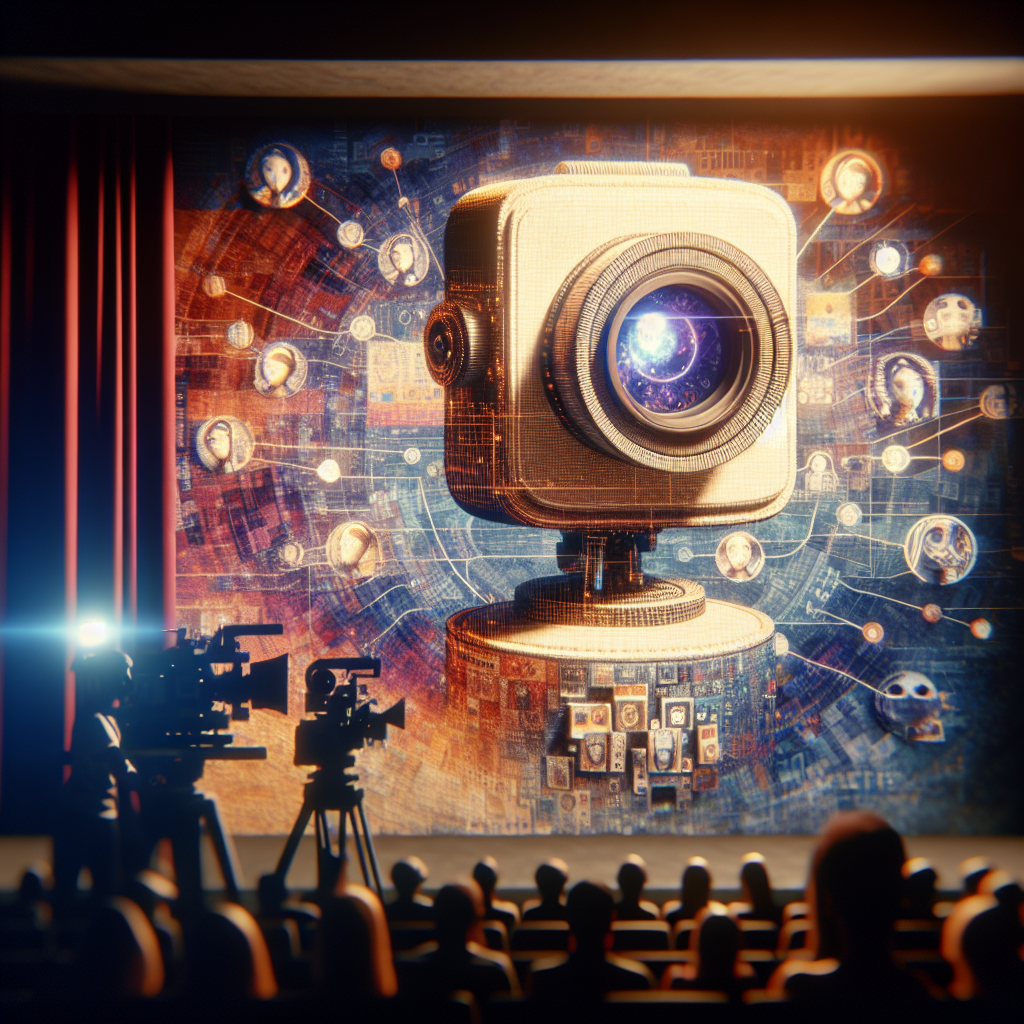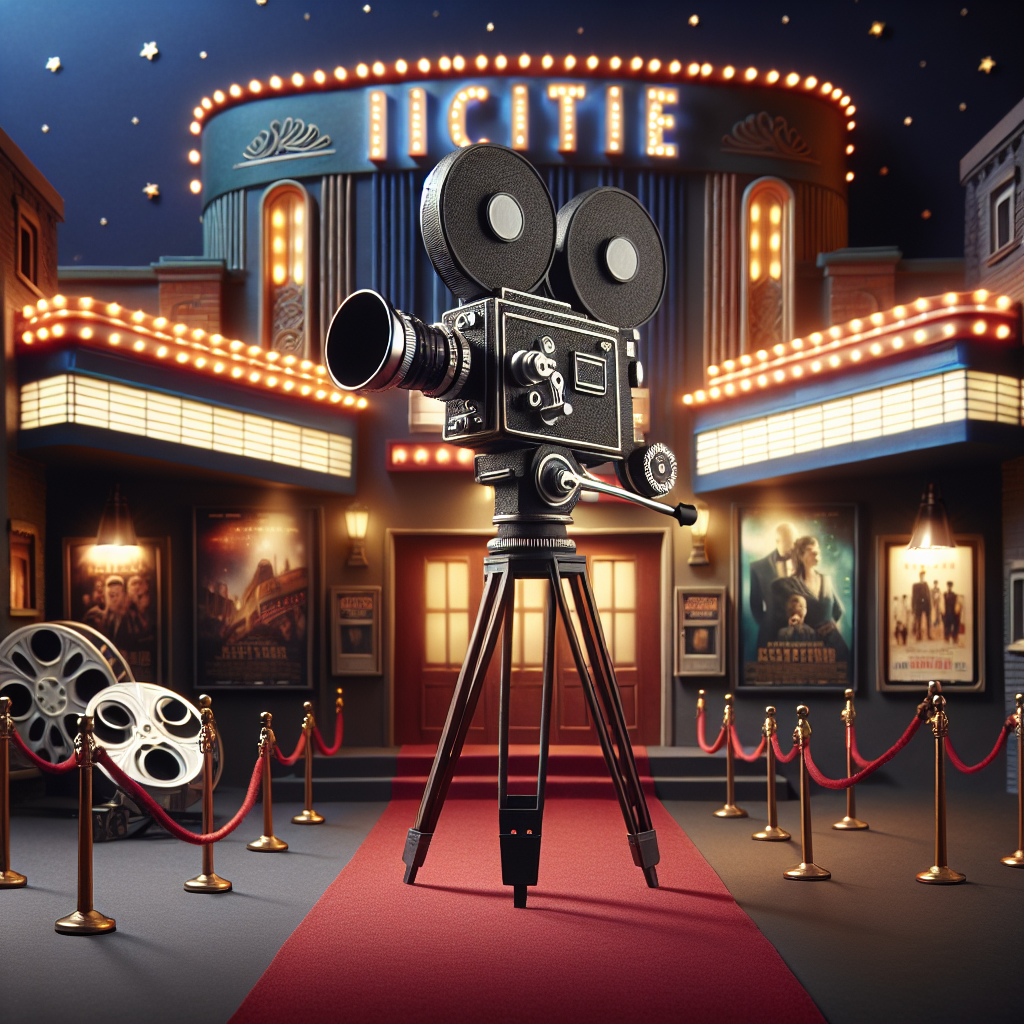The Symbiosis of AI Chat Tools and Niche Cinematic Experiences

In the ever-evolving landscape of technology and entertainment, the integration of AI dialogue tools, such as ChatGPT, with film and television has opened up new avenues for storytelling and audience engagement. These intelligent systems, capable of generating human-like conversations, are not only transforming the way we interact with digital content but also influencing the narrative structures and character development in niche cinematic experiences. This blog post explores the intersection of AI dialogue tools and the more obscure corners of the film industry, highlighting how this symbiosis is enriching the viewing experience for audiences worldwide.
Viewer Engagement Through AI-Driven Narratives
One of the most intriguing applications of AI dialogue tools in niche cinema can be seen in the realm of interactive movies. Take, for example, the independent project "Branching Minds," where viewers could influence the plot through an AI-powered chatbot. The film presented a complex narrative with multiple storylines, and the chatbot would engage with the audience to decide the protagonist's next steps. This level of interactivity not only made each viewing unique but also allowed the AI to learn from the audience's choices, subtly altering the story's course in subsequent viewings.
Blending Fact and Fiction with AI-Generated Dialogue
Another fascinating example is the use of AI dialogue tools in the creation of "mockumentaries" or faux documentaries. In the indie film "AI Witness," the director employed an AI to generate dialogue for historical figures, blending fact with fiction in a way that felt eerily authentic. The AI's ability to mimic speech patterns and idiomatic expressions from different eras added a layer of realism to the characters, making the mockumentary both entertaining and thought-provoking.
Exploring Philosophical Depth with AI-Crafted Scripts
The world of experimental short films has also embraced AI dialogue tools, pushing the boundaries of what can be achieved with AI-generated conversations. "Echoes of Tomorrow," a short film that explores themes of artificial consciousness, used an AI to write the script, resulting in a dialogue that was both poetic and profound. The AI's contributions to the scriptwriting process allowed the filmmakers to explore nuanced philosophical questions about existence and sentience in a way that felt organic and deeply human.

Conclusion
As we reflect on these examples, it's clear that the partnership between AI dialogue tools and niche filmmaking is a match made in creative heaven. These tools are not just revolutionizing the way stories are told; they're also providing a platform for independent creators to experiment with new forms of narrative expression. As AI technology continues to advance, tools like PopAi will undoubtedly play a crucial role in fostering innovative collaborations between AI and cinema, further blurring the lines between reality and fiction, and offering audiences a glimpse into the limitless possibilities of storytelling in the digital age.
